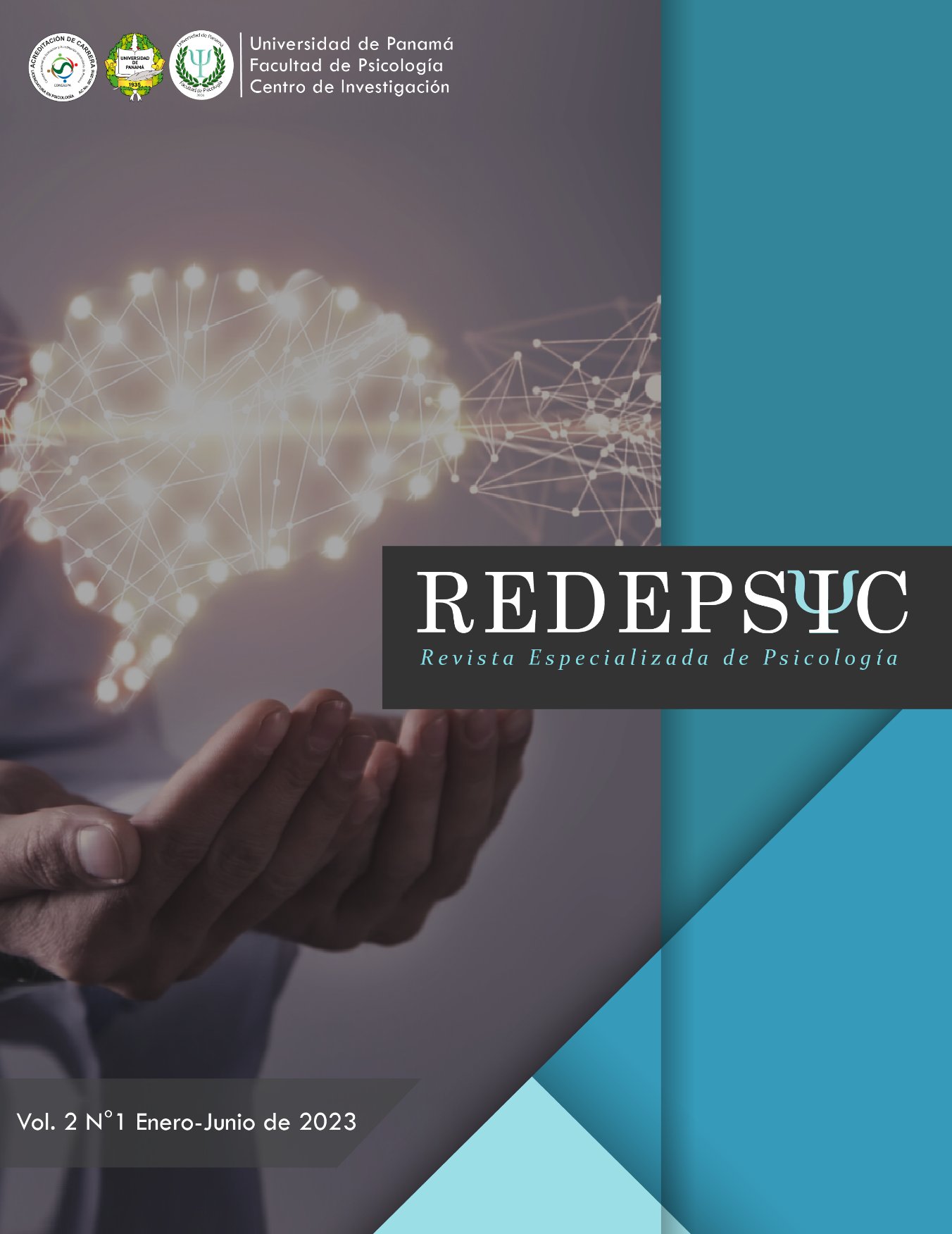

Se realizó un estudio de tipo explicativo de diseño cuasiexperimental con grupo único en el cual, se llevó a cabo la aplicación del programa SEA de Habilidades Socioemocionales y de Atención plena, en jóvenes que presentan la condición de TDA/H, pertenecientes a una fundación en la ciudad de Panamá. La muestra fue escogida de forma no probabilística y por conveniencia. Los jóvenes presentaban edades entre 11 y 15 años, en su mayoría varones. Se midió la Inteligencia Emocional con el inventario de Barón & Parker (2018), antes y después de la intervención. De 18 jóvenes que iniciaron el programa, 15 lo culminaron, de los cuales cinco no cumplieron con los criterios de validez de la prueba, por lo que fueron retirados de la investigación. La muestra final fue de 10 jóvenes, en los cuales no se encontraron resultados estadísticamente significativos que demostraran la eficacia del programa como influencia en la inteligencia emocional. Se mostraron pequeñas diferencias en los puntajes totales de Inteligencia emocional de la población, luego de la estadísticamente aplicación del programa. En cuanto a las subpruebas, tampoco se presentaron diferencias significativas en la comparación de los puntajes antes y después de la aplicación. En conclusión, el programa SEA aplicado de forma virtual, no terminó de ser efectivo para la modificación de los puntajes del inventario de inteligencia emocional, en jóvenes con TDA/H.